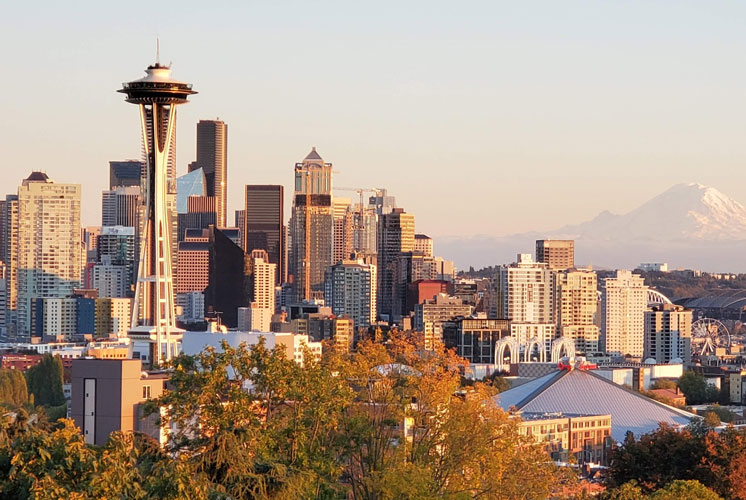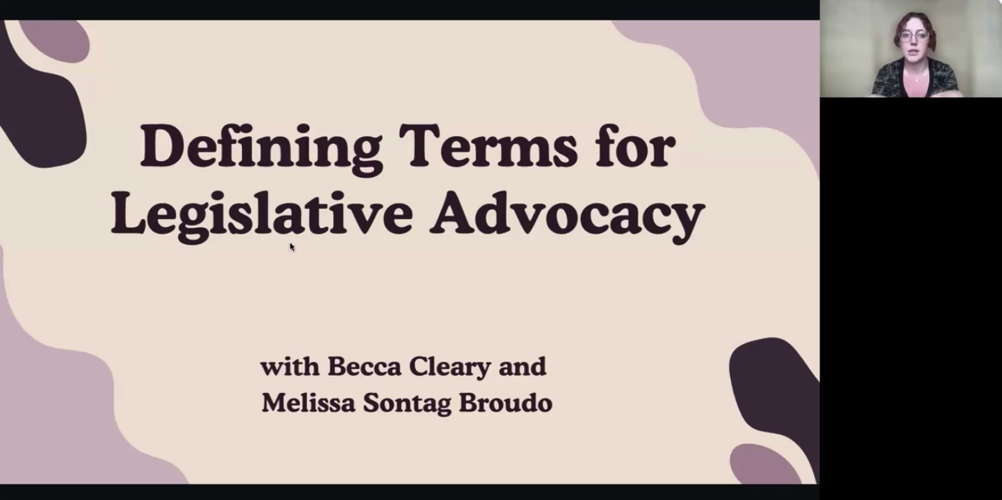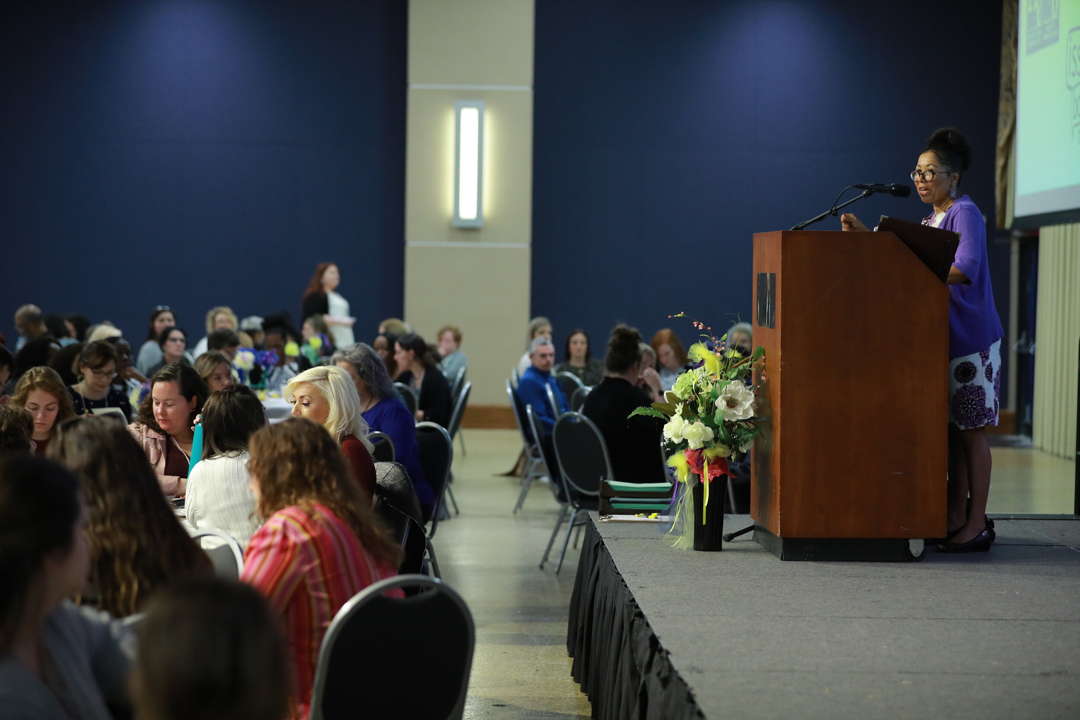September 17, 2024
After weeks of debate, the Seattle City Council voted to pass new criminal penalties purported to disrupt drug and prostitution-related crimes in city hotspots.
Council members said ongoing criminal activity in those zones drove them to take action. Opponents said their plan, unsupported by data, will enable profiling in enforcement and lead to increased violence and exploitation.
The Council voted 8-1 to create new penalties for loitering in specified drug or prostitution-related zones. If people are arrested for crimes like assault or theft “in which the court finds a nexus between the offense and illegal drug activity,” municipal court judges could issue orders banning them from six different “Stay Out of Drug Area” (SODA) zones in places like the Chinatown International District, the downtown core, and other areas with “high levels of significant drug activity,” according to the legislation.
Councilmember Cathy Moore sponsored the second bill, which creates a “Stay Out of Area of Prostitution” zone. Moore said her bill is meant to crack down on pimps and buyers of commercial sex, “where women and other individuals are being trafficked and prostituted for the very, very profitable gain of pimps and the sole personal gratification of buyers.”
However, as is the case in most areas, the Seattle City Attorney’s office reports the city sees only a handful of cases each year in which third parties or managers were prosecuted for the existing felony of “promotion of prostitution,” which requires victims to cooperate with an investigation.
Moore said her solution is to create a misdemeanor that is based on the “observable behavior of the exploiters — of them monitoring, surveilling, shouting at, directing, transporting individuals to the Aurora corridor.”
Sex workers or survivors of commercial sexual exploitation cannot be banned or targeted by the SOAP orders, but they could be arrested for loitering under the new law. Seattle repealed their previous loitering laws four years ago. “While these bills may scratch an itch to feel like Council is doing something to address public safety, to claim that these laws will address any of these problems is dangerous and it is the epitome of performative,” Cathy Morales, the only Council Member to oppose the bills, told NPR.
Mayor Bruce Harrell has indicated that he will sign the two bills into law, and they would take effect 30 days later, reinstating the dangers of anti-loitering laws.
Loitering for the Purpose of Prostitution (LPP) is a violation or misdemeanor in multiple states and municipalities across the U.S. Statutes often define the charge generally as wandering, remaining, or spending time in a public space with the intention of committing a prostitution offense or promoting prostitution. Behavior indicative of this “intent” includes beckoning and attempting to speak to or stop pedestrians or passing motorists.
Anti-loitering laws have proven problematic and directly impede community safety. Repressive laws around sex work, including anti-loitering laws, are responsible for violence and exploitation within the sex trade. Sex work is neither inherently violent nor exploitative, but unnecessary laws actually make it more likely for bad actors to thrive.
LPP is a discriminatory statute used by law enforcement to profile and harass individuals based on their race, gender, and stereotypes of what a prostitute looks like. Laws that prosecute intent — rather than action — allow law enforcement to enforce violations at their discretion, threatening equal protection under the law. As “stop-and-frisk” policies have been used to profile Black and Latinx New Yorkers, LPP gives law enforcement an avenue to exercise discriminatory profiling of transgender and cisgender women of color.
The history of the criminalization of LPP is one of discrimination and discretion used to target and control low-income women. The Chamberlain-Kahn Act of 1918, also known as the American Plan, implemented a public health program with the stated goal of combating the spread of sexually transmitted infections amongst soldiers in the United States during World War I. In this “Forgotten War on Women,” the Chamberlain-Kahn Act allowed for the arrest and imprisonment of any woman who could be “reasonably suspected” of having an STI. A disproportionate number of those arrested were working-class women and women of color who were viewed as “a threat to soldiers’ moral hygiene.”
Under the American Plan, transgender and cisgender women were arrested and given invasive exams on the basis of poverty, racial profiling, rumors of prostitution, their dress being perceived as “morally questionable,” or simply walking alone in the wrong place at the wrong time. These exams were used as a pretense to convict women of prostitution and send them away for "rehabilitation.” The Chamberlain-Kahn Act continued to be enforced through the 1970s.
LPP laws, and loitering statutes in general, have been used to target people of color, transgender individuals, and those with previous convictions for occupying public spaces.
Defendants across the country are overwhelmingly women, both transgender and cisgender. The specific focus on transgender women, and the impact of these laws, has been well documented. The Sylvia Rivera Law Project, based in New York City, found that 80% of their clients who identified as transgender women of color had experienced police harassment or false arrest based on suspicion of prostitution, often resulting in a conviction. The frequency of these experiences has led to the informal labeling of LPP as a ban on “Walking While Trans” in New York state.
Like other laws that contribute to profiling for low-level offenses, LPP contributes to the revolving door of involvement in the criminal justice system. Individuals arrested once for a specific crime are then targeted over and over again as a result of their record. Loitering for the Purpose of Prostitution is a tool for discrimination rather than community safety. Loitering laws give police permission to profile, harass, and arrest individuals for non-criminal activities, arresting individuals not for what they are doing but for who they are.
New York State repealed its Loitering for the Purposes of Prostitution law on February 2, 2021. Decriminalize Sex Work collaborated with a broad coalition of advocates to repeal the law. California repealed its Loitering for the Purposes of Prostitution law on June 30, 2022.

DSW Newsletter #56 (September 2024)
DSW Legal Team Leads Class for Advocates on Spokes Hub

DSW Attends International Human Trafficking and Social Justice Conference

Seattle City Council Reinstates Loitering Laws


